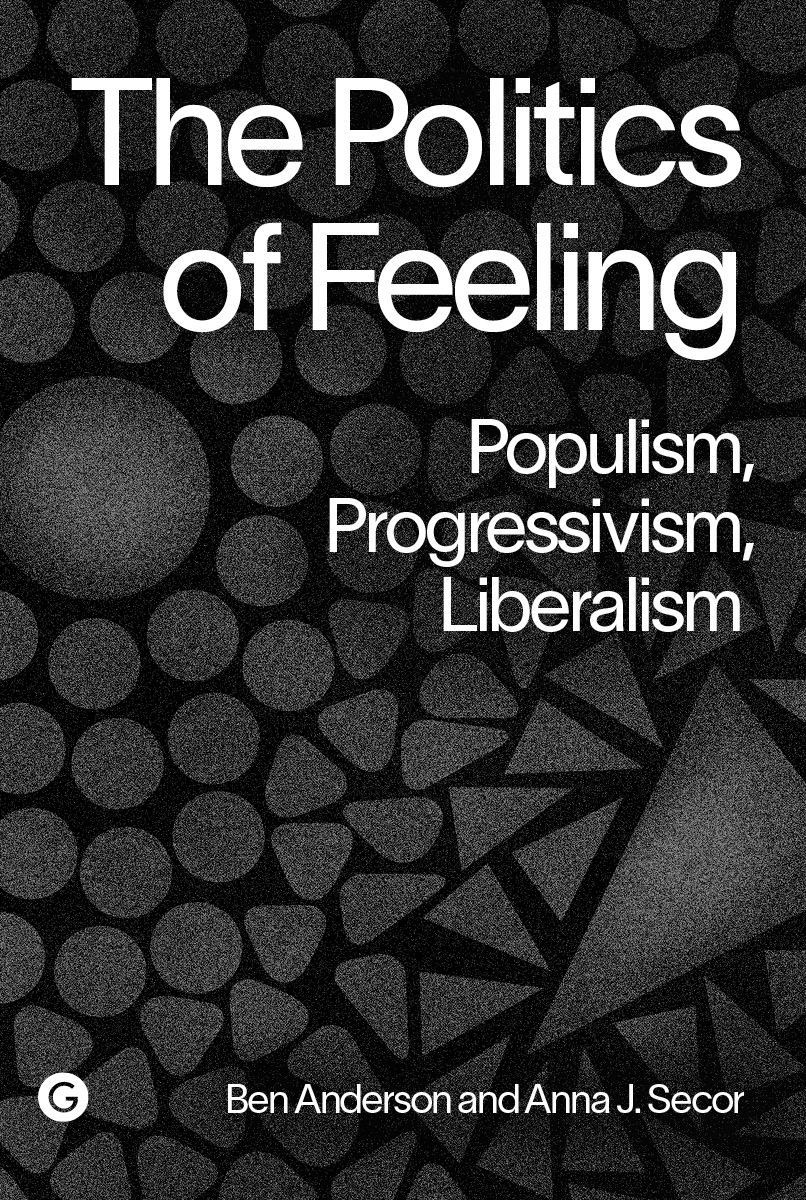The Politics of Feeling
Populism, Progressivism, Liberalism
Ben Anderson and Anna Secor
Publication
How today's dominant political forms—right-wing populism, progressivism, and liberalism—offer differentiated affective responses to shared conditions of uncertainty.
The Politics of Feeling argues that politics has become a matter of political feelings in an age of uncertainty. The uncertainties of the post-2008 period have transformed the political arena and made the question of how people feel central to the formation of political affiliations and divisions. The book identifies three competing political forms in the US and the UK today: right-wing populism, progressivism, and contemporary liberalism. It argues that rather than naming coherent programs of political thought, these popular political forms are operating as arrangements or modes of attachment and political intensity. Each one suggests a different way of remembering the past, imagining the future, and making the present politically meaningful. Each one elevates some affective orientations over others and thereby etches differences of race, class, and gender within its structure. The Politics of Feeling is a critique of the living edge of politics, where feelings emerge, gather intensity, or dissolve in the continual making and remaking of the politics of the present.
A tremendously important contribution to our understanding of contemporary politics and culture, The Politics of Feeling amounts to a crucial multi-dimensional map of our historic moment and its complex contours.
Reviving many of the central questions of cultural studies, and applying them to our unhappy post-2008 world, Anderson and Secor offer an illuminating and original account of contemporary political conflicts and their contours. The Politics of Feeling is essential reading, as much for scholars of politics as those of affect and emotion.
The Politics of Feeling makes an original and provocative contribution to the urgent collective task of confronting the socio-affective complexities of our current political situation – while also moving forward in generative ways longstanding discussions about the nature of ideology – and the changing relationships between ideology and affect.
